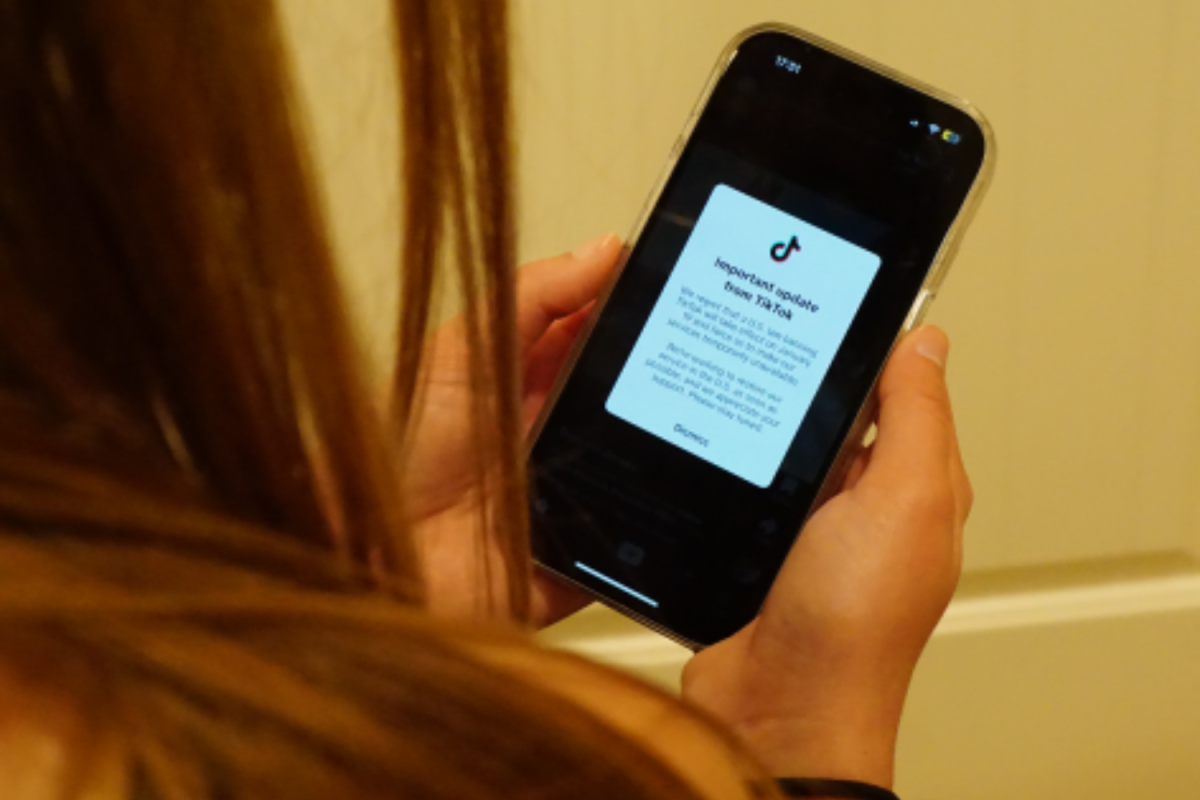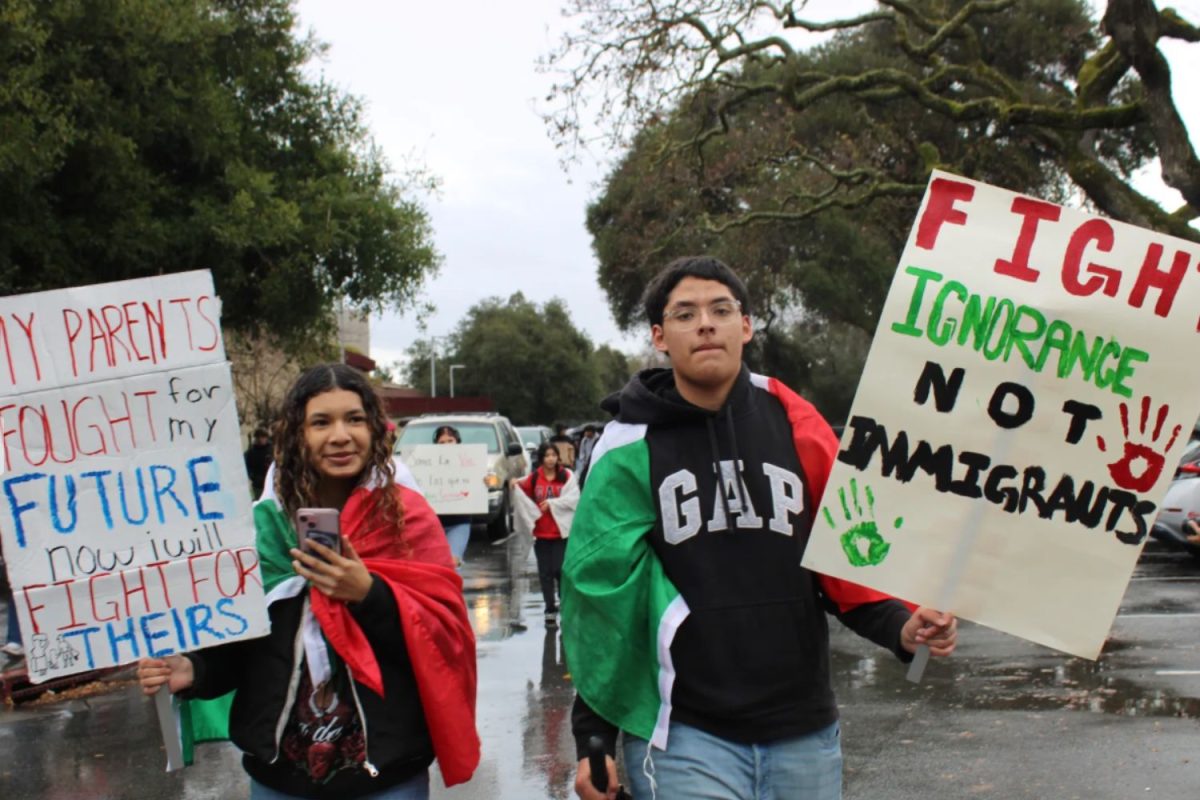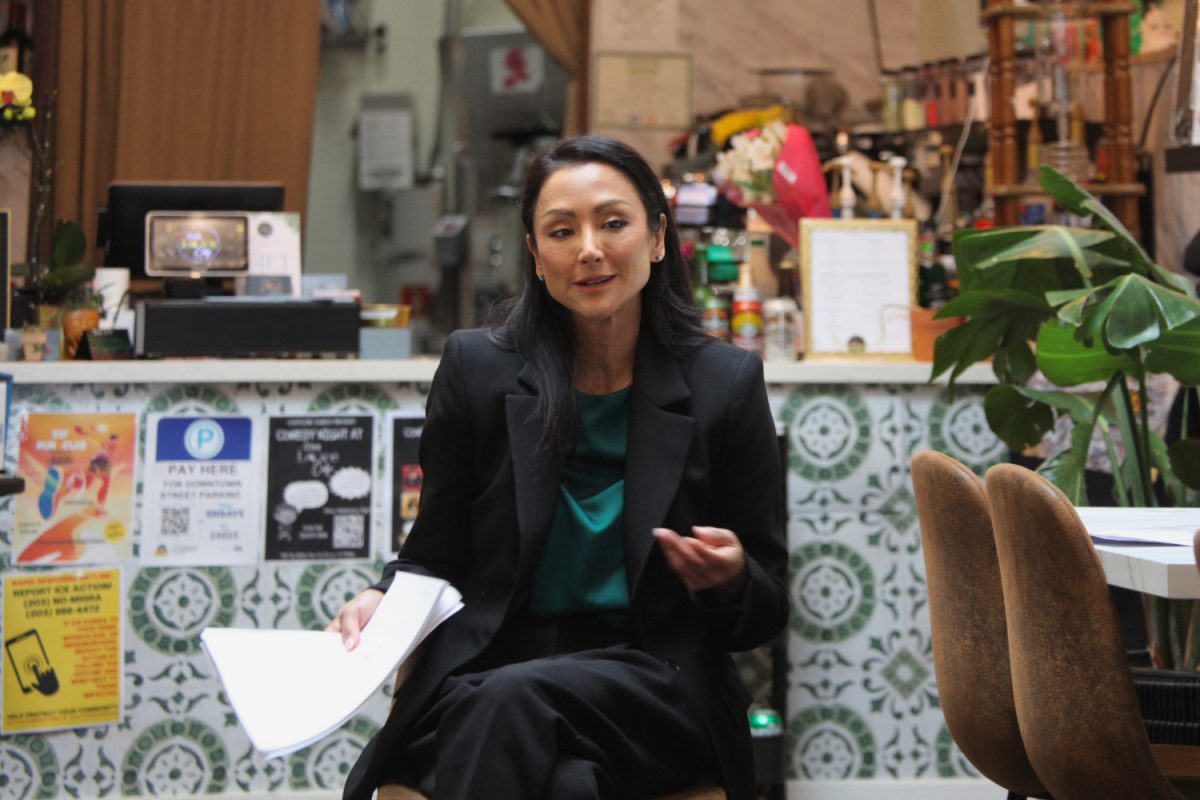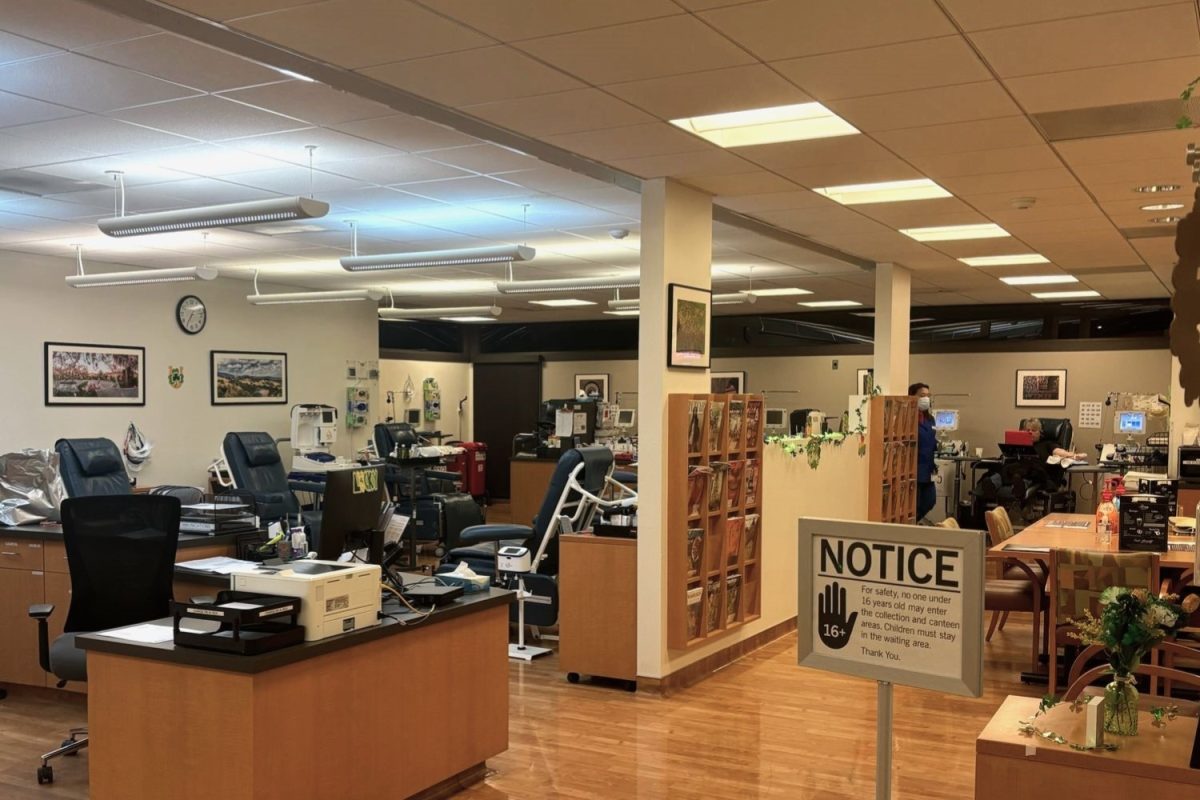What happens when a country’s favorite app suddenly goes dark? Soon, 170 million TikTok users may find out.
With billions of views and dollars on the line, TikTok’s fate still teeters on the edge of Congress and politics. The push to ban TikTok in the United States has reignited debates regarding free speech, data privacy, and national security.
For creators who turn 150-second videos into six-figure incomes, small businesses that rely on TikTok algorithms to thrive, and countless users who find joy, community, and inspiration in its endless scroll, the ban isn’t just about national security – it’s personal.
In 2024, Congress passed a bipartisan law requiring TikTok, owned by the Chinese company ByteDance, to sell its U.S. operation to an American company by Jan. 19, 2025, or face a nationwide ban. Lawmakers cited concerns over the app’s ties to the Chinese government and its potential influence over millions of American users.
Just weeks before the ban was to take effect, TikTok tried to appeal to the Supreme Court using a First Amendment argument.
“The challenge to the law by TikTok was on free speech grounds, saying the government was trying to regulate citizens’ speech, protected by the constitution,” said Jonathan Jackson, a lawyer specializing in complex business affairs, based in Los Angeles, California.
However, the Supreme Court ruled on Jan. 17 that the ban could proceed.
“The reasons that the Supreme Court rejected this claim were largely on two grounds. First, the national security reasons argument, and second, that the law passed by Congress does not regulate the content of speech; it doesn’t tell what someone can or can’t say, it just shuts down a place where one could speak,” Jackson said.
The ban was set to take effect on Jan. 19. TikTok released a statement days before, warning users that if the Biden administration or Department of Justice failed to provide clarity, TikTok would go completely dark.
On Jan. 18, the app did indeed shut down, and users were met with a screen saying that the company was fortunate that President-elect Donald Trump would work with TikTok to find a solution.
The next day, TikTok became available again to many, with Trump later releasing a statement saying he would extend the deadline for the ban on his inauguration day and then subsequently attempt to work on a “long-term solution” with the app.
Although many users were overjoyed at the sight of TikTok once again being accessible, some did not realize that a more permanent ban remains a distinct possibility.
Trump gave TikTok a 75-day extension to sell the majority of the company to an American corporation, or the ban will take effect.
U.S. officials, backed by FBI briefings, are concerned that TikTok’s parent company, ByteDance, may be required under Chinese law to share user data with the Chinese government. This user data could include location, app usage, preferences, and personal messages. Additionally, they fear a foreign government could manipulate TikTok’s algorithm to promote specific political views without users noticing.
TikTok’s CEO, Shou Zi Chew, previously denied these claims, stating that the company operates independently of the Chinese government.
Following TikTok’s short disappearance and its possible more prolonged ban in just a few months, many users have reflected on the impact of the app disappearing.
“Banning it won’t solve all of the United States’ problems, and I enjoy using it in my free time,” said Claire Chen, a Carlmont sophomore who downloaded TikTok recently
Initially, both Democrats and Republicans supported the law, but as the ban approached, many lawmakers from both parties reconsidered due to TikTok’s popularity and public outcry, according to NBC News.
Many people outside of the U.S. are thankful that the possible ban does not impact their own country.
“I am very happy it’s not banned in my country because I use it to share my life with my friends and for entertainment,” said Mia Navarro, a high school senior living in Buenos Aires, Argentina.
Users have also voiced their concern about the educational side of TikTok, which could be lost if it were no longer accessible.
“If anything, people will be disconnected from things happening in other places since it is a platform not only used for entertainment but also for informing people about global causes, such as issues in the Middle East,” Navarro said.
With the ban looming, some users reflect on the possible benefits of the potential ban.
“I think that the TikTok ban could be a good thing for me because I spend at least two hours every day on it, and I feel like it makes me feel very unproductive. I’ve been meaning to delete it, but I think that this ban would make the choice for me,” said Emily Song, a Carlmont senior who is an avid TikTok user.
Amid the chaos, many users began to download alternatives such as RedNote, an app that is similar to TikTok. RedNote’s U.S. user numbers jumped to 3 million during the brief TikTok recess. However, the app is similarly owned by a Chinese corporation and, therefore, could also be targeted by the same legal argument.
For now, TikTok’s millions of users await clarity, as its fate remains undecided, leaving them to wonder if this is just a pause – or a final scroll.












